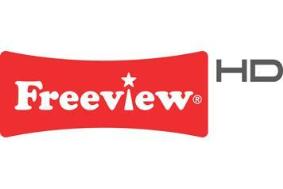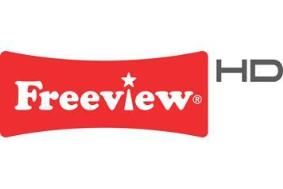Ofcom backs BBC's plans for Freeview HD copy protection
Regulator Ofcom said it is “currently minded to approve” the BBC's plans to include copy protection in Freeview HD receivers


The BBC has received the backing of Ofcom in its plans to introduce copy protection in to HD receivers. The copy protection would restrict the use of TV content by consumers.
It would not stop viewers being able to record the BBC's and other broadcasters' HD content, but the content would then only be accessible on devices that supported the same content management.
In its second consultation on the BBC's proposals, Ofcom said: “The BBC's aim is to ensure that rights holders, such as film makers and TV production companies, have confidence that the copy management system is effective.
“This, they argue, will mean that HD content is made available by rights holders to free-to-air broadcasters on digital terrestrial TV on similar commercial terms, and in similar time release windows, as those on alternative digital TV platforms, such as Freesat, Sky, Virgin Media or BT Vision.”
Story posted 16/09/09:
The BBC has plans to encrypt Freeview HD data, in an effort to thwart piracy.
The corporation says it's under pressure from content-providers to protect its high-definition broadcasts, and will thus encrypt the data set-top boxes will use to access programming, and only offer decryption keys to 'trusted manufacturers'.
Get the What Hi-Fi? Newsletter
The latest hi-fi, home cinema and tech news, reviews, buying advice and deals, direct to your inbox.
The BBC's licence doesn't allow it to encrypt the audio or video content of its broadcasts, so a system allowing it to prevent unauthorised access to the content is seen as a workable solution.
A statement from the BBC, which has submitted its proposals to industry regulator Ofcom, says that "We are committed to ensuring that public service content remains free to air – i.e. unencrypted.
"However, HD content holders have begun to expect a degree of content management on the Freeview HD platform and therefore broadcasters have recognised that a form of copy protection is needed."
